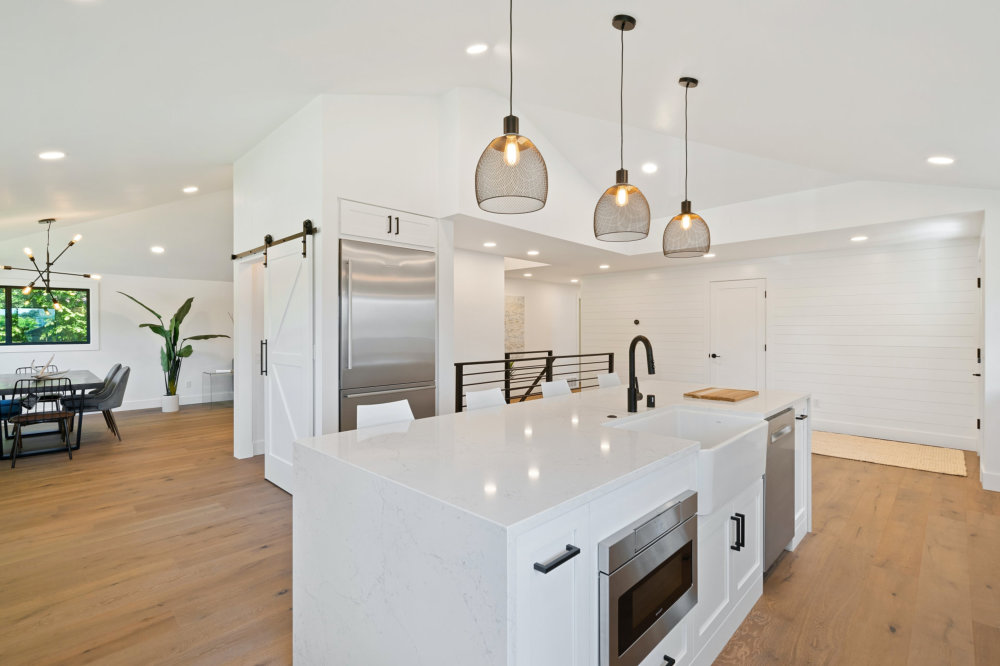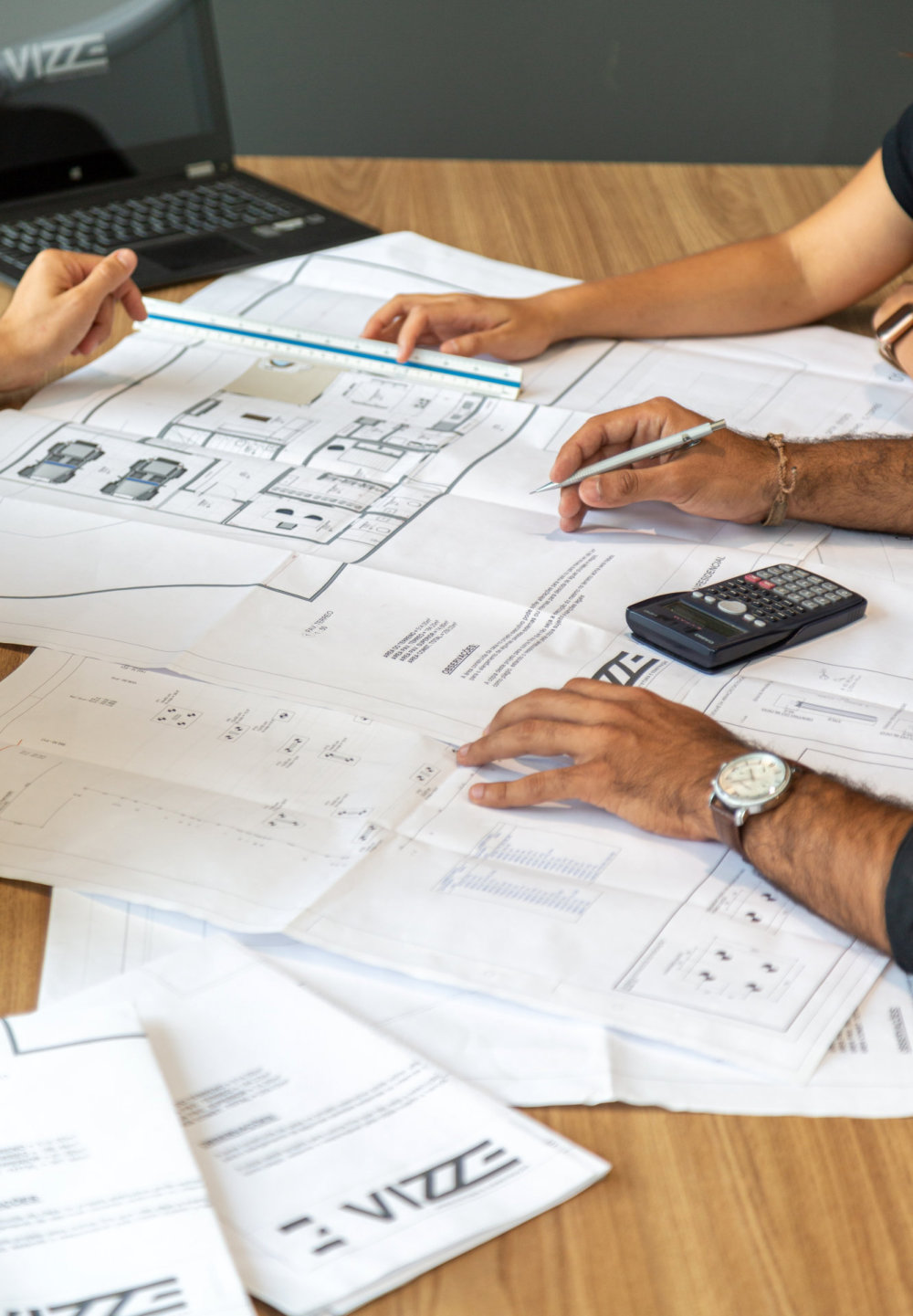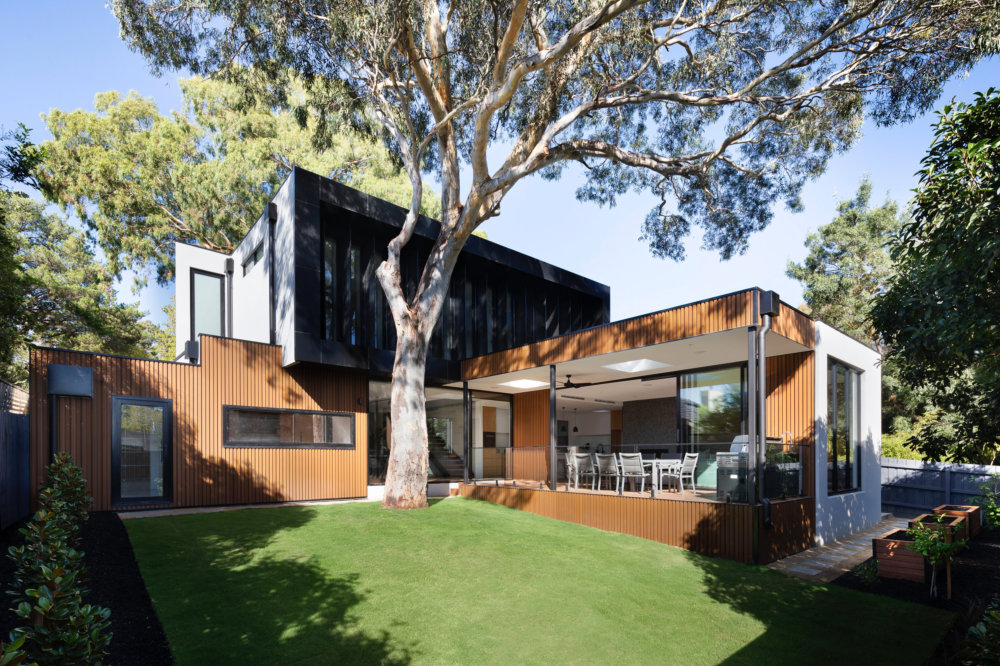Building a new home
New home sales are back on the rise, fuelled in part by many investors and owner-occupiers buying off the plan. The concept is straightforward: put up a deposit (usually 10 per cent) to help the developer fund construction and pay the balance when the build is complete.
Apartments are now springing up at a rapid rate in capital cities and popular holiday locations with the confidence that property prices will rise, handing buyers a tidy capital growth when they eventually take possession.
Developers sell off the plan to entice as many sales commitments as possible to then secure from their lender the finance they need for the build. Because buyers are essentially handing over their deposit for the promise of an apartment they won’t see for one to two years (or more), prices are set at current market rates with incentives often offered to entice buyers. This adds to the capital gain potential, but price rises are never guaranteed, as we have seen in past years.
In exchange for your deposit, the developer should provide a contract that outlines the details of your particular purchase, the completion date for the development and the deadline for when a decision must be made as to whether the development will go ahead. That decision usually hinges on whether sufficient finance has been secured.
If the developer pulls the pin or passes the decision deadline, you should be entitled to a refund of your deposit, but this depends on the conditions of the sale contract, so it pays to read this document carefully and if required seek financial or legal advice. Full payment for the property is not required until settlement, which is usually one to three months post completion.
While buying off the plan looks great on paper and can reap rewards, getting in on the ground floor of a new development is not always a fast track to making money. Haven looks at how you can make the most of the opportunity and avoid some of the common pitfalls.











